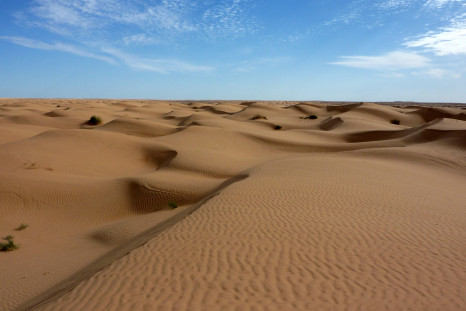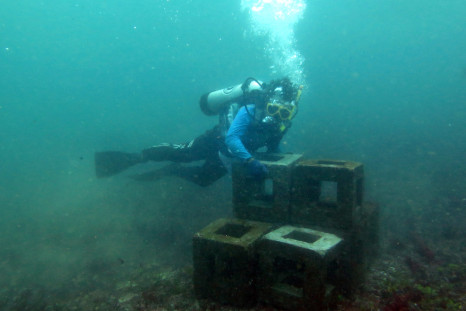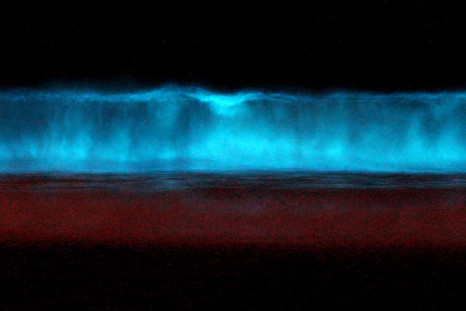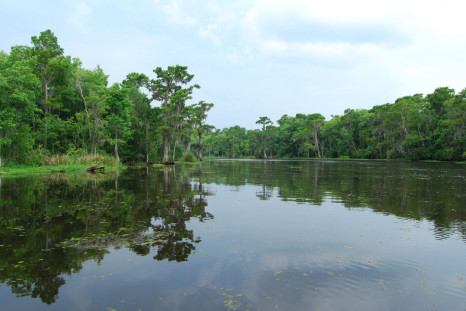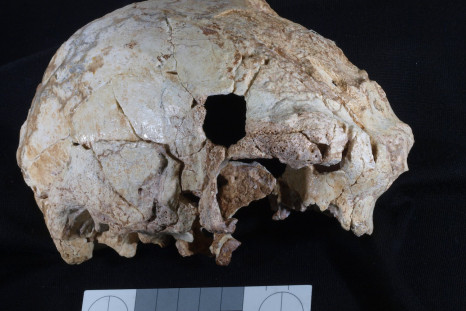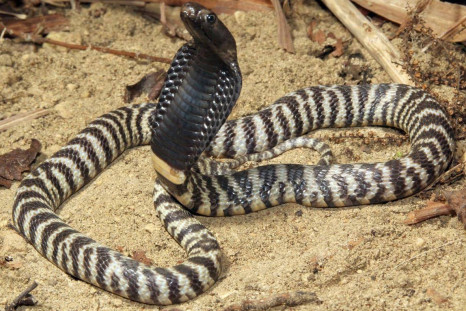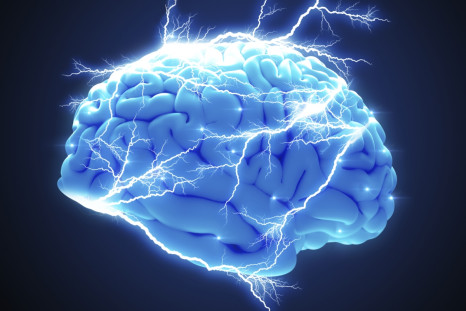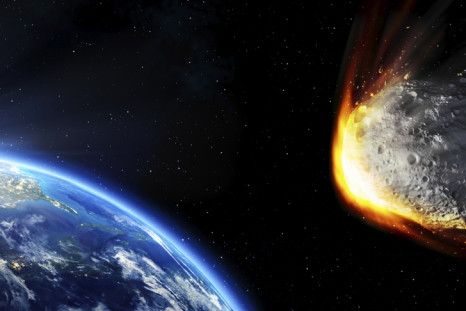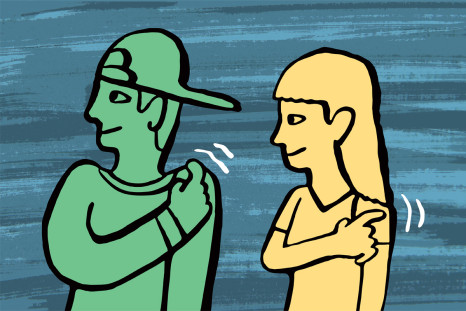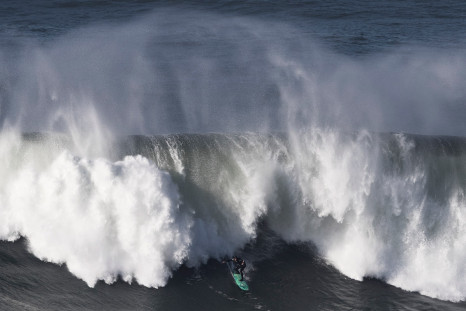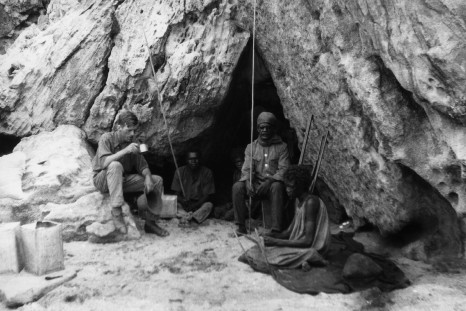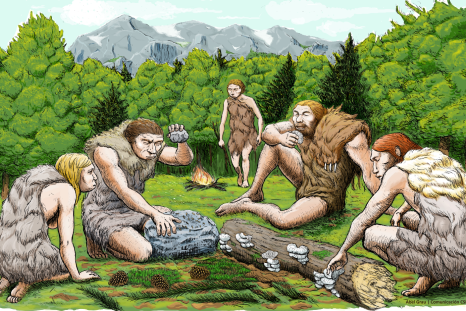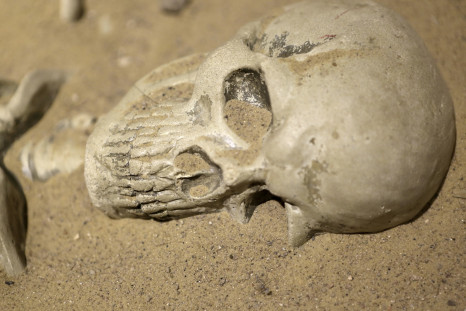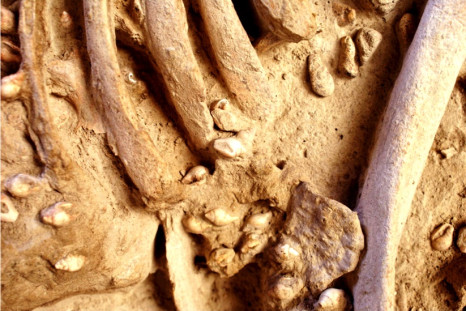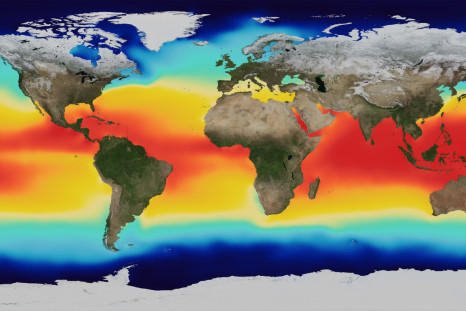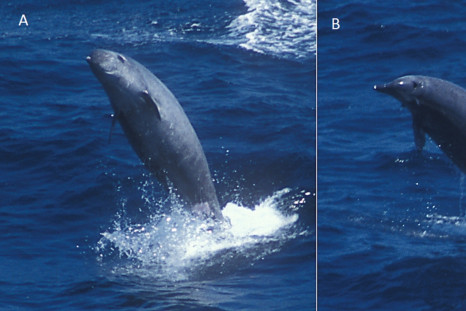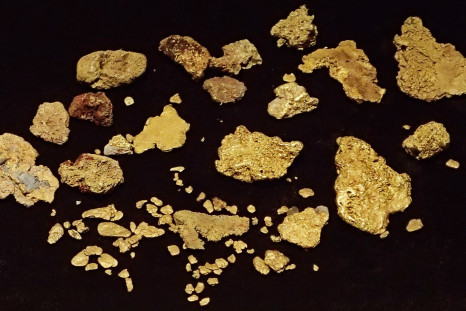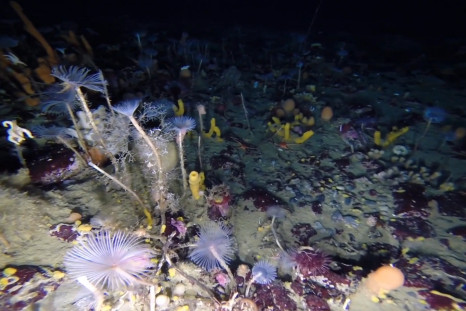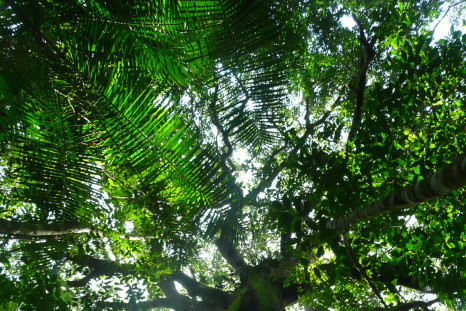Did humans turn the Sahara from a lush, green landscape into a desert?
Cattle grazing on pastures that were on an ecological knife edge could have pushed the Sahara onto the path of desertification.
Mar 15, 2017
3D-printed corals are being sunk to the seafloor to help save dying reefs
Ecologically inspired artificial 3D-printed reefs are hoped to be more effective than primitive artificial structures.
Mar 14, 2017
Southern California: Why do red tides happen?
Scientists have come up with a way to forecast red tides, which kill marine life and cause health problems in humans.
Mar 14, 2017
Milgram experiment: People ordered to give electric shocks are just as brutal now as they were 50 years ago
People still follow orders against their will and inflict pain on another person when told to by an authority figure.
Mar 14, 2017
One in four young men in GP waiting rooms have gambling problems
Gambling frequently occurs alongside other addictive behaviours such as drug use and heavy drinking.
Mar 14, 2017
Ritual group pain: Strong negative experiences help explain evolutionary puzzle of suicide attacks
Painful group experiences can blur an individual's sense of self and others in a process called 'identity fusion'.
Mar 14, 2017
Louisiana's swamps will disappear as sea levels rise 4 times faster than world average
Reconstructing embankments on rivers in Louisiana to let sediment leave could ease the problem of the encroaching sea.
Mar 14, 2017
400,000-year-old skull of human ancestor found by remains of fire and set of stone tools
The skull belonged to an ancestor of humans and Neanderthals.
Mar 13, 2017
How did cobras evolve flesh-eating venom, and could it be used to treat cancer?
Cobra venom can destroy whole limbs. Now scientists want to turn it against cancer cells.
Mar 13, 2017
The 10 biggest earthquakes in the last 100 years
'Great earthquakes' of magnitude 8 or more strike on average once a year.
Mar 10, 2017
How much porn is too much? Psychometric test identifies at-risk porn users
The test can be used as an initial indicator to see if someone's porn consumption is likely to be problematic.
Mar 10, 2017
The brain is 10 times more active than we thought
Little-studied structures called dendrites turn out to be the overwhelming source of the brain's activity.
Mar 10, 2017
America's Clovis people mysteriously disappeared 12,000 years ago. It now appears a meteorite helped wipe them out
Platinum detected at prehistoric Clovis sites is thought to be of meteorite origin.
Mar 10, 2017
Itching is contagious and hardwired into the brain
Mice can catch an itch from a neighbour just by looking.
Mar 09, 2017
Steepest ever rogue ocean wave measured in North Sea
The 'wall of water' was 21m high from crest to trough.
Mar 09, 2017
Short white men are more likely to go bald young
About 80% of men with European heritage will go bald at some point in their lifetimes.
Mar 09, 2017
First 'super potato' grown in Mars climate simulator
The tubers grew remarkably well in extremely dry soil under a Martian atmosphere simulated in a tiny, hermetically sealed box.
Mar 09, 2017
DNA analysis supports Aboriginal Australians' 50,000-year connection to land
The first regional analysis of Aboriginal genetic history will be used to construct genealogies and repatriate artefacts.
Mar 08, 2017
Neanderthal regional cuisine revealed: From woolly mammoth to mushroom with pine nuts
European Neanderthals feasted on mammoth in the north but southerners ate no meat at all.
Mar 08, 2017
Skulls of ancient Scythian people of Eurasian Steppe shed light on origins
Irregularities in skulls can be used to judge how closely related populations were.
Mar 08, 2017
Southern California fault system capable of 7.4 magnitude earthquake threat to San Diego and LA
The faults run beneath San Diego, Orange County and the LA basin.
Mar 08, 2017
'Sex pheromones' don't make you sexy after all
Androstadienone and estratetraenol are sold as pheromones, but a double-blind trial finds they don't work.
Mar 08, 2017
Exceptional grave reveals 7,000-year-old garments Stone Age man was buried in
The ornate burial garment was decorated with sea shells and the teeth of red deer.
Mar 07, 2017
Millennials are ruining America's sex life
People born in the 1990s are having less sex than their parents or grandparents did when they were young.
Mar 07, 2017
Almost 90% of the world's oceans will be hotter and more acidic by 2050
The mitigation efforts promised in the Paris Agreement could buy time for marine life to adapt to changing seas.
Mar 07, 2017
Rarely seen True's beaked whale caught on film for first time
There have only ever been a handful of sightings of True's whales alive.
Mar 07, 2017
Prehistoric humans mined metal 12,000 years ago
People minded for iron and lead since the Stone Age in Poland.
Mar 06, 2017
Women's orgasms are seen as a sign of masculine achievement for men
The greater a man perceives his success in giving a woman an orgasm, the more masculine he reports feeling.
Mar 06, 2017
Underwater mountains solve mystery of where the poles' coldest water goes
Cold water sinks – but in in the polar seas, what goes down must come up.
Mar 06, 2017
Living traces of lost Amazonian cultures found in forests
The patterns of trees growing in the Amazon are 'ancient footprints' of the communities that cultivated them hundreds of years ago.
Mar 02, 2017
Pages
- PREV
- 9
- 10
- 11
- 12
- 13
- 14
- 15
- 16
- 17
- NEXT



